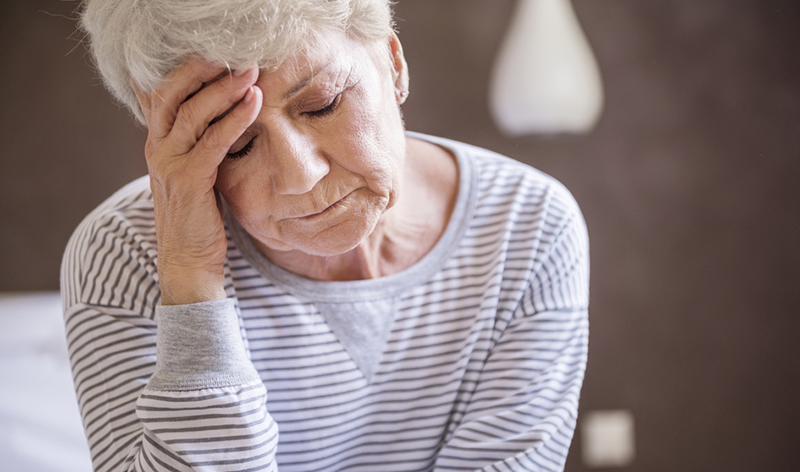The road to surviving, and recovering, from a stroke begins with getting emergency care as quickly as possible. The risk of death or brain damage increases the longer it takes to get help.
Our aim here isn’t to scare, but we do want to stress just how serious this medical condition is, so if it happens to you or a loved one you’ll call triple-0 immediately.
The Stroke Foundation sums it up rather poignantly: “the faster you act, the more of the person you save”.
What is a stroke?
A stroke happens when blood supply to part of the brain is cut off. When brain cells don’t get enough oxygen or nutrients, they die.
Neurologist Bruce Campbell told SBS News: “you’ll lose about 2 million brain cells every minute that goes by”.
There are two types of strokes:
- Ischaemic stroke – when blood clots and blocks an artery
- Haemorrhagic stroke – when a blood vessel in the brain breaks or ruptures.
Both can be fatal or cause permanent or temporary disability. Stroke is one of Australia’s biggest killers and the leading cause of disability.
How to tell if someone is suffering from a stroke
According to the Stroke Foundation “facial weakness, arm weakness and difficulty with speech are the most common symptoms of stroke”.
The national organisation developed the “FAST” test to make it easier for people to remember the signs:
- Face – Check their face. Has their mouth drooped?
- Arms – Can they lift both arms?
- Speech – Is their speech slurred? Do they understand you?
- Time – Is critical. If you see any of these signs call triple-0 straight away.
Here are some others to look out for:
- Numbness or paralysis of the face, arm or leg on either or both sides of the body
- Dizziness, loss of balance or an unexplained fall
- Loss of vision, sudden blurring or decreased vision in one or both eyes
- Severe and abrupt headaches or an unexplained change in the pattern of headaches
- Difficulty swallowing.
The Stroke Foundation advises these symptoms “may occur alone or in combination and can last a few seconds or up to 24 hours and then disappear”. An ambulance should be called, no matter how long they last.
Treatments available to help stroke survivors
Treatment after a stroke will be different for every patient depending on what sort of stroke a person has had and where in the brain the stroke has happened.
Either way, it’s still likely to involve a combination of medication, time in a hospital Stroke Care Unit, rehabilitation and lifestyle changes to prevent further strokes.
According to a report by the Australian Institute of Health and Welfare (AIWH) the reality is “nearly all patients are disabled in some way immediately following a stroke event”.
Rehabilitation is key to reducing the impacts and improving quality of life after a patient leaves hospital.
“Rehabilitation services can improve mobility, physical independence and social relationships by providing mobility and communication aids and modifying the environment,” the report said.
“Occupational therapy can also reduce limitations to participation in work, social and recreational activities.”
New research finds aspirin reduces further health risks
This only applies to “mini-strokes” which are known in the medical world as transient ischaemic attacks. They’re often a sign a patient is likely to suffer a full stroke.
A study by Oxford University has found that death and disability can be avoided by quickly taking blood-thinning aspirin after a minor stroke. The level of risk reduction increases from 15 per cent to up to 80 per cent.
In a statement about the research Professor Peter Rothwell said “immediate treatment with aspirin can substantially reduce the risk and severity of early recurrent stroke”.
“This finding has implications for doctors, who should give aspirin immediately if a minor stroke is suspected, rather than waiting for specialist assessment and investigations,” he said.
If you or someone you know is experiencing any of the symptoms listed above, call triple-0 immediately.
To find out more about the vital signs of heart attacks, read our article here. If you need to speak to an after hours doctor in Brisbane Call House Call Doctor on 13 55 66.





